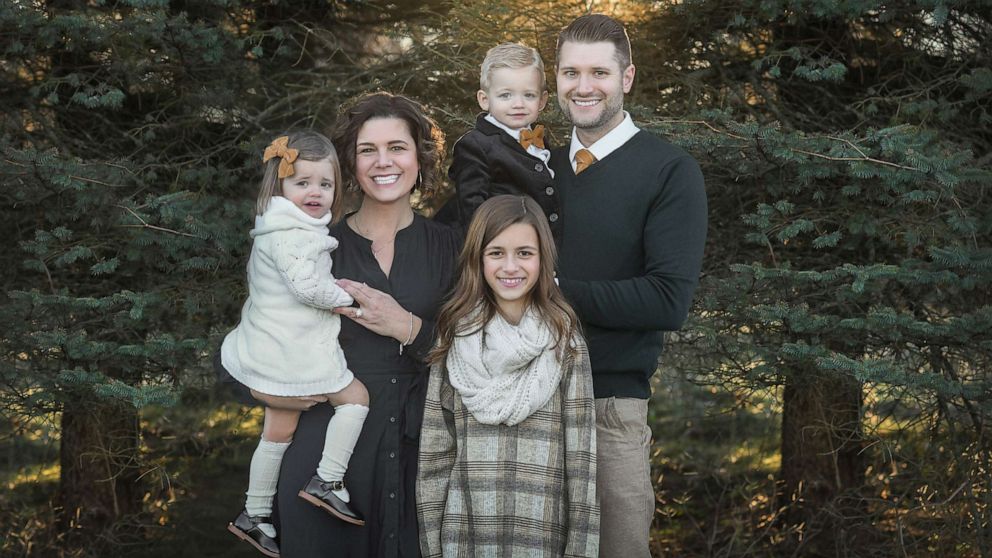Tammy and Jordan Myers faced a tumultuous journey after their twins, Eames and Ellison, were born prematurely via surrogate. The newborns required intensive medical care, yet the Myers were initially denied parental rights due to Michigan’s stringent surrogacy laws.
Despite using embryos created from Jordan’s sperm and Tammy’s eggs, they had no legal authority to make medical decisions for their children in the early critical hours of their lives.
At a Michigan Senate committee hearing, Tammy recounted the distressing experience of being unable to care for their own biological children legally. The state’s surrogacy restrictions forced the Myers to undergo a lengthy legal process to adopt their twins. This ordeal was emotionally taxing and overshadowed what should have been a joyous time.
Michigan was unique in its broad criminal ban on surrogacy, compelling many families to either leave the state for surrogacy arrangements or navigate complex legal hurdles. Governor Gretchen Whitmer’s signing of legislation in April to repeal the 1988 ban marked a significant shift.

The new laws legalized surrogacy contracts and compensation, though they sparked concerns among conservatives and religious groups about potential exploitation.
Courtney Joslin, a family law professor, noted that despite the ban, surrogacy practices continued, often without legal protections for the parties involved. Historical cases highlighted the complexities and legal battles surrounding surrogacy in Michigan, including instances where surrogates retained custody of the children or fled to Michigan for legal advantages.
The Myers had hoped to avoid legal disputes by securing the cooperation of their surrogate, Lauren Vermilye. Despite mutual agreement on the twins’ parentage, Michigan judges denied the Myers’ prebirth parental rights. This forced the couple to endure invasive evaluations and extensive legal processes to prove their fitness as parents.
Opponents of Michigan’s surrogacy ban repeal differentiate between altruistic surrogacy, where surrogates receive no compensation, and commercial surrogacy. Genevieve Marnon, from Right to Life of Michigan, argued that requiring legal adoption was protective, preventing the commercialization of children and ensuring safe homes.
Internationally, surrogacy practices vary, with several European countries and places like India, Thailand, and Cambodia restricting or banning the practice due to concerns about exploitation. Pope Francis and the Michigan Catholic Conference also voiced strong opposition to surrogacy, citing ethical concerns about commodifying human life.
Eric Portenga and Kevin O’Neill shared their perspective, arguing that surrogacy is motivated by love and the desire to build a family. They faced high costs and turned to social media to find a surrogate.
They connected with Maureen Farris in Ohio, where surrogacy is legal, and entered into a contract that provided legal and psychological protections for both parties. Their story highlights the complex, deeply personal nature of surrogacy and the profound bonds formed through the process.
